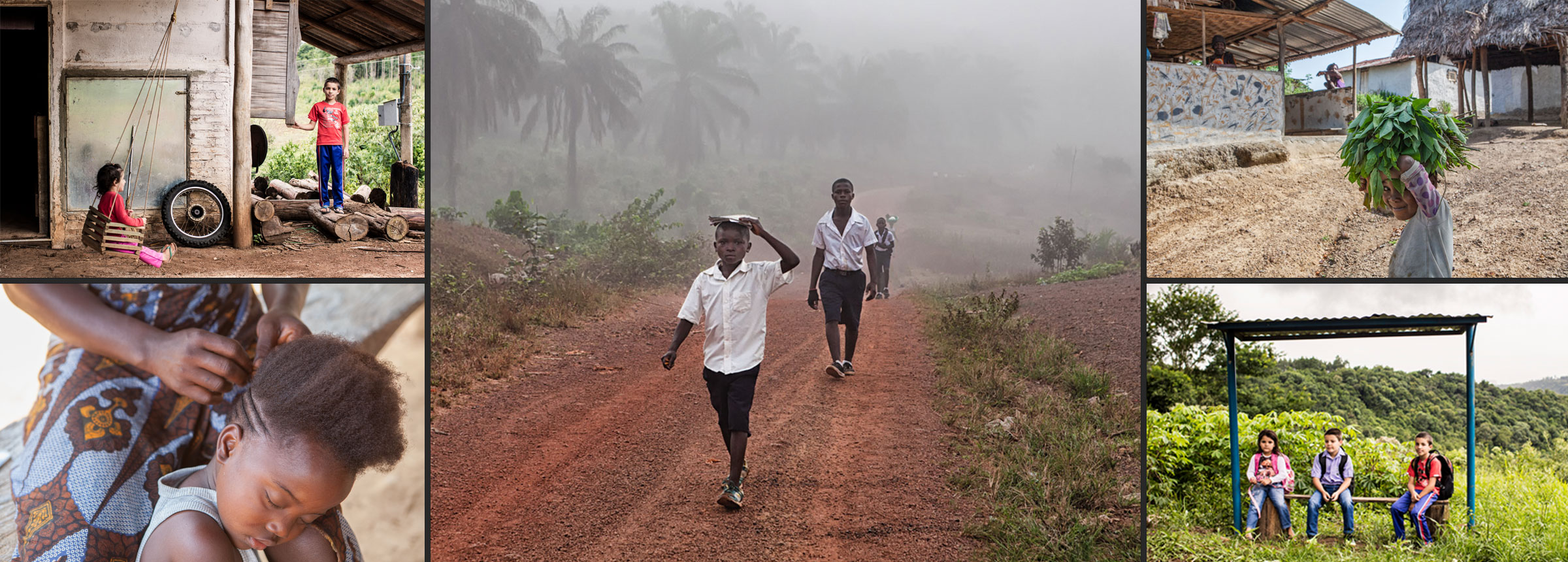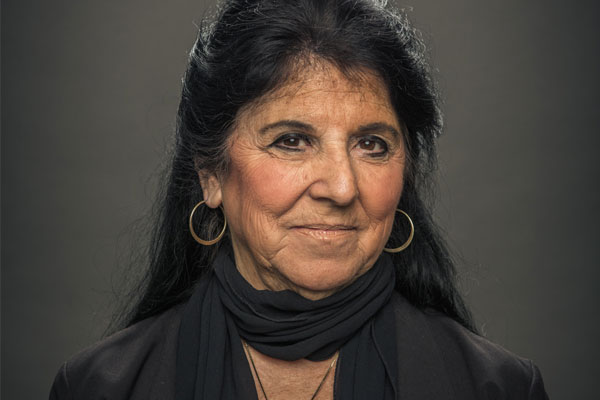
Vicki Walker, Lead Technical Adviser, to Retire from Winrock After 26 Years
Walker's Work to Prevent and Reduce Child Labor Leaves Lasting Legacy
LITTLE ROCK, ARKANSAS – DEC. 22, 2016 – Winrock International announces the retirement of Vicki Walker, lead technical adviser, child labor and social inclusion. Since joining Winrock in 1990, Walker has built a multi-faceted career fostering social science research networks, empowering women, pioneering public-private partnerships, and preventing and eradicating child labor around the world.
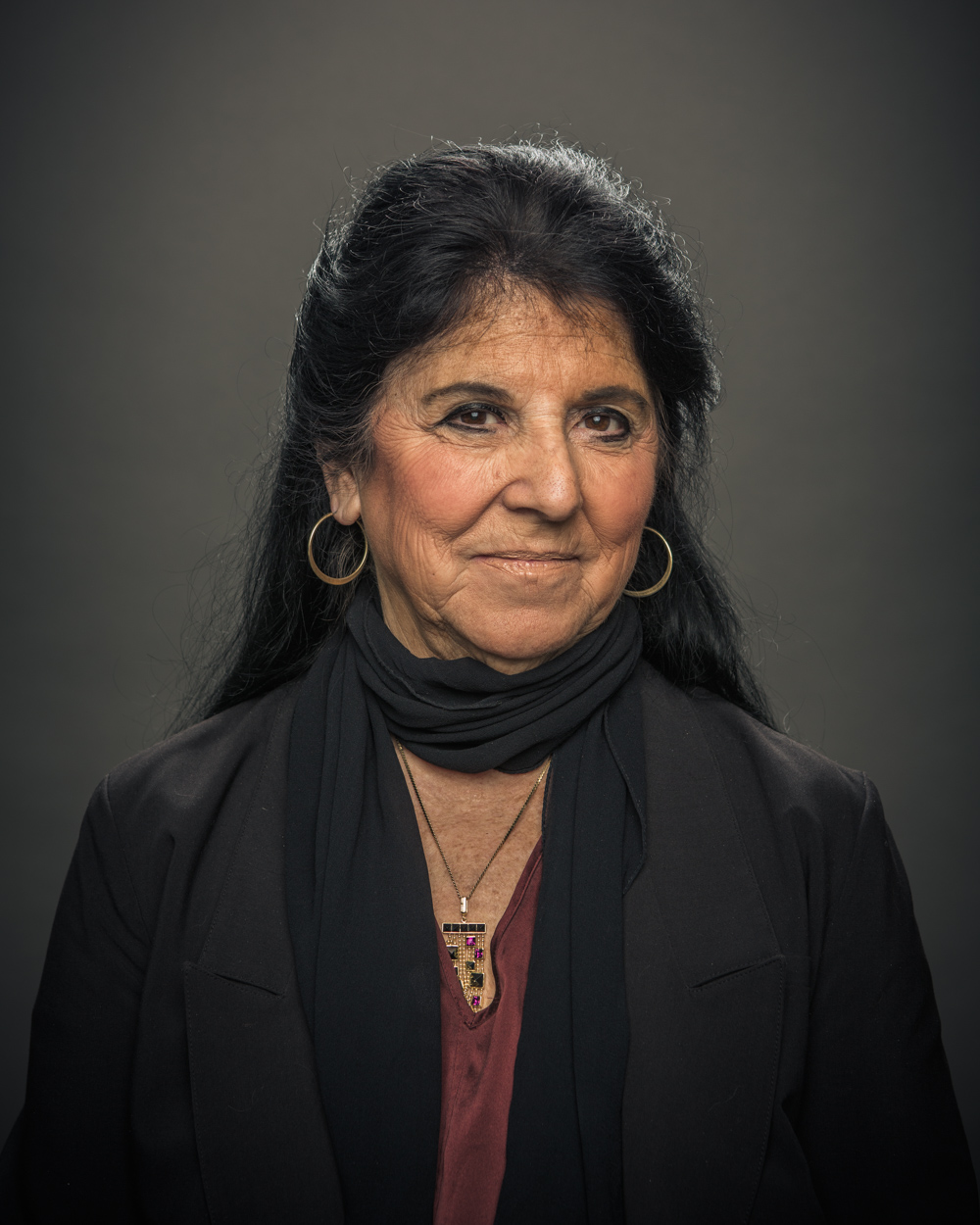 “Winrock is indebted to Vicki for leading our child labor work, for mentoring scores of staff, and for advocating externally for the expansion of quality child labor programming. Vicki has also supported Winrock’s strategy and programming around women and youth in agriculture livelihoods combined with rights protection and inclusive development,” said David Dobrowolski, senior director, civil society and education. “She put our programs on the ground, and we are still reaping the benefits of her groundbreaking work.”
“Winrock is indebted to Vicki for leading our child labor work, for mentoring scores of staff, and for advocating externally for the expansion of quality child labor programming. Vicki has also supported Winrock’s strategy and programming around women and youth in agriculture livelihoods combined with rights protection and inclusive development,” said David Dobrowolski, senior director, civil society and education. “She put our programs on the ground, and we are still reaping the benefits of her groundbreaking work.”
Walker, the daughter of a military attaché officer, attributes her upbringing in the U.S., Canada and Europe with inspiring her initial interest in international development, which led to two years of Peace Corps service in Senegal. During her 26 years at Winrock, Walker developed and managed many high-level international development and child labor projects.
She has empowered African women’s leadership in agriculture by fostering networks and advocating access to higher education for women scientists to form professional associations, strengthen their professional roles in institutions, and improve the access of rural women farmers to information and technologies. She is a well-known expert in private-sector engagement to address community development, child labor prevention in supply chains, educational alternatives and innovative youth agricultural training schools.
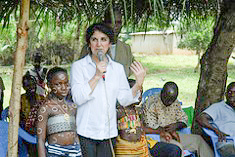 Walker directed the six-year Community-based Innovations to Reduce Child Labor through Education (CIRCLE) project funded by the U.S. Department of Labor, which documented, published and disseminated a best practices manual drawn from over 100 projects in 23 countries in Asia, Africa and Latin America. She has developed and contributed to surveys and national and community monitoring systems to address the root causes of child labor, and participated in high-level panels at the U.S. State Department, U.S. Department of Labor and the World Cocoa Foundation.
Walker directed the six-year Community-based Innovations to Reduce Child Labor through Education (CIRCLE) project funded by the U.S. Department of Labor, which documented, published and disseminated a best practices manual drawn from over 100 projects in 23 countries in Asia, Africa and Latin America. She has developed and contributed to surveys and national and community monitoring systems to address the root causes of child labor, and participated in high-level panels at the U.S. State Department, U.S. Department of Labor and the World Cocoa Foundation.
As the lead for Winrock’s Child Labor Prevention and Protection portfolio, Walker’s experience includes implementing and advising on past projects CIRCLE 1 and 2 in more than 30 countries, CLASSE and ECHOES in Ghana and Côte d’ Ivoire, TEACH in Tanzania, CHES in Cambodia and REACH in Rwanda in addition to ongoing projects: ARCH in Liberia, REACH-T in Rwanda, CLEAR II in Burkina Faso and Nepal, MOCA in Ghana, PROSPER in Tanzania and ARISE in Brazil, Malawi, Tanzania and Zambia.
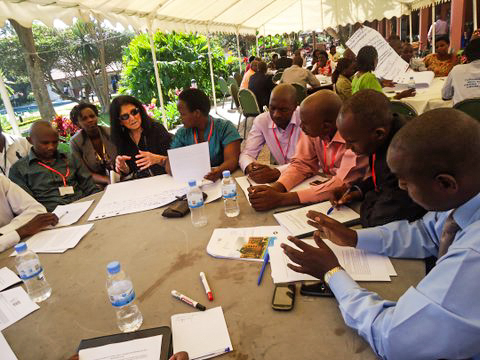 “On behalf of the board and the whole organization I’d like to convey our gratitude to Vicki for her hard work and leadership. I can’t emphasize enough how important Vicki has been to Winrock,” says Winrock President and CEO Rodney Ferguson. “Her ideas and her vision have shaped the organization and run through it for 26 years. We are so grateful for her commitment.”
“On behalf of the board and the whole organization I’d like to convey our gratitude to Vicki for her hard work and leadership. I can’t emphasize enough how important Vicki has been to Winrock,” says Winrock President and CEO Rodney Ferguson. “Her ideas and her vision have shaped the organization and run through it for 26 years. We are so grateful for her commitment.”
“What a rich experience it’s been to work at Winrock,” Walker says of her time at the nonprofit. “Working on agriculture policy, fostering networks and higher education for women scientists with the African Women Leaders in Agriculture and Environment (AWLAE) program. And working on child labor issues: directing the CIRCLE (Community-based Innovations to Reduce Child Labor through Education) project for six years, which I enjoyed with a passion. As a team we’ve had many programs, and I’ve always appreciated the importance of private sector partnerships. I’m very grateful and honored that I’ve been able to be here so long, make significant contributions and learn so much.”
Related Projects
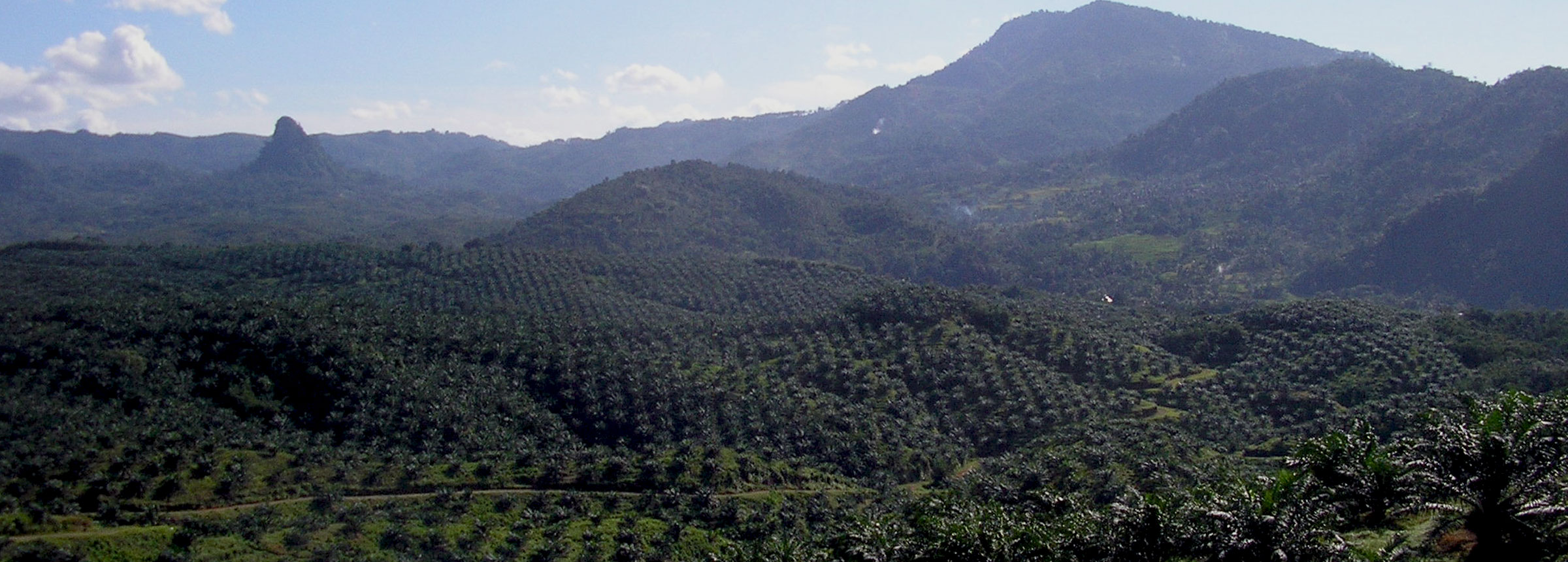
Capacity for Indonesian Reduction of Carbon in Land Use and Energy
Indonesia has become the largest palm oil producer in the world, making the industry a vital cog in the nation’s economy. Additional economic and environmental benefits are possible if the liquid waste generated during the palm oil production process is used to make renewable biogas. The USAID-funded Capacity for Indonesian Reduction of Carbon in Land […]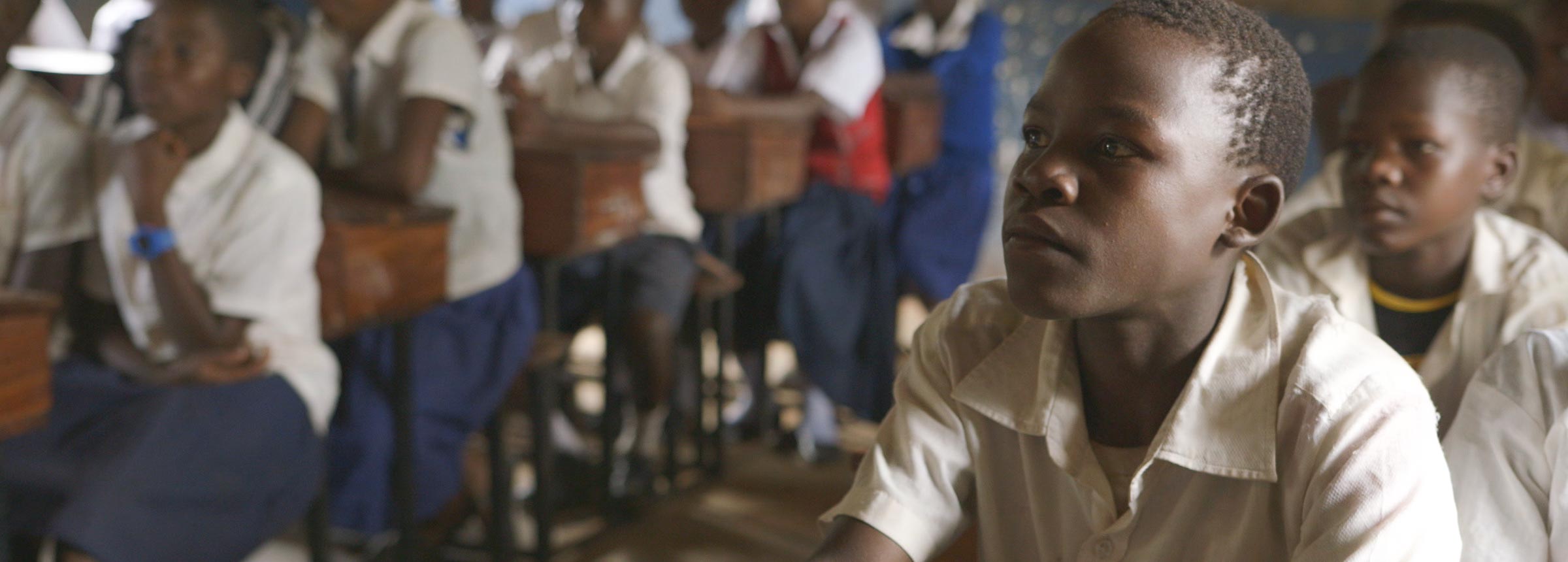
Promoting Sustainable Practices to Eradicate Child Labour in Tobacco (PROSPER)
Social and economic pressures far too often lead Tanzanian children into the workforce. The Promoting Sustainable Practices to Eradicate Child Labor in Tobacco program, or PROSPER, seeks to prevent and withdraw youth of all ages from child labor, especially in the tobacco industry. PROSPER addresses the root causes that fuel child labor and offers alternatives…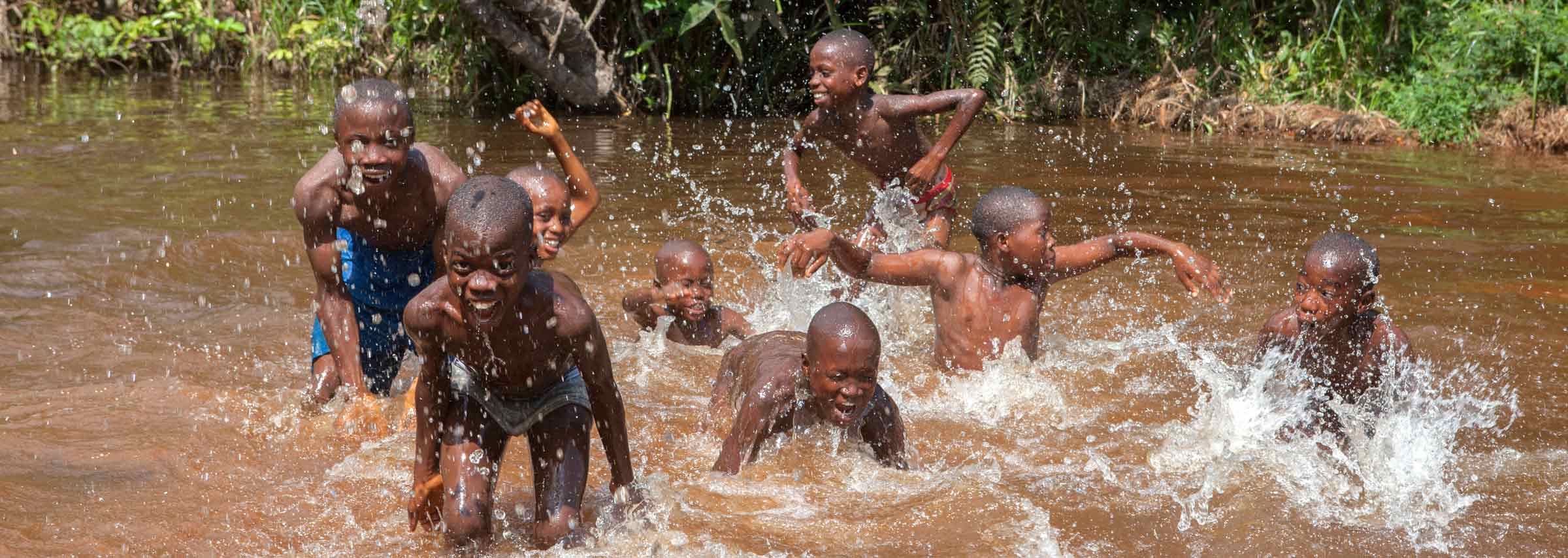
Actions to Reduce Child Labor (ARCH)
Agriculture, particularly rubber, is an important contributor to the Liberian economy. A significant number of children are involved in the production of rubber due to household poverty, the high cost of adult labor, a lack of awareness about the hazards of work and limited access to education. Under these economic and social conditions, children perform…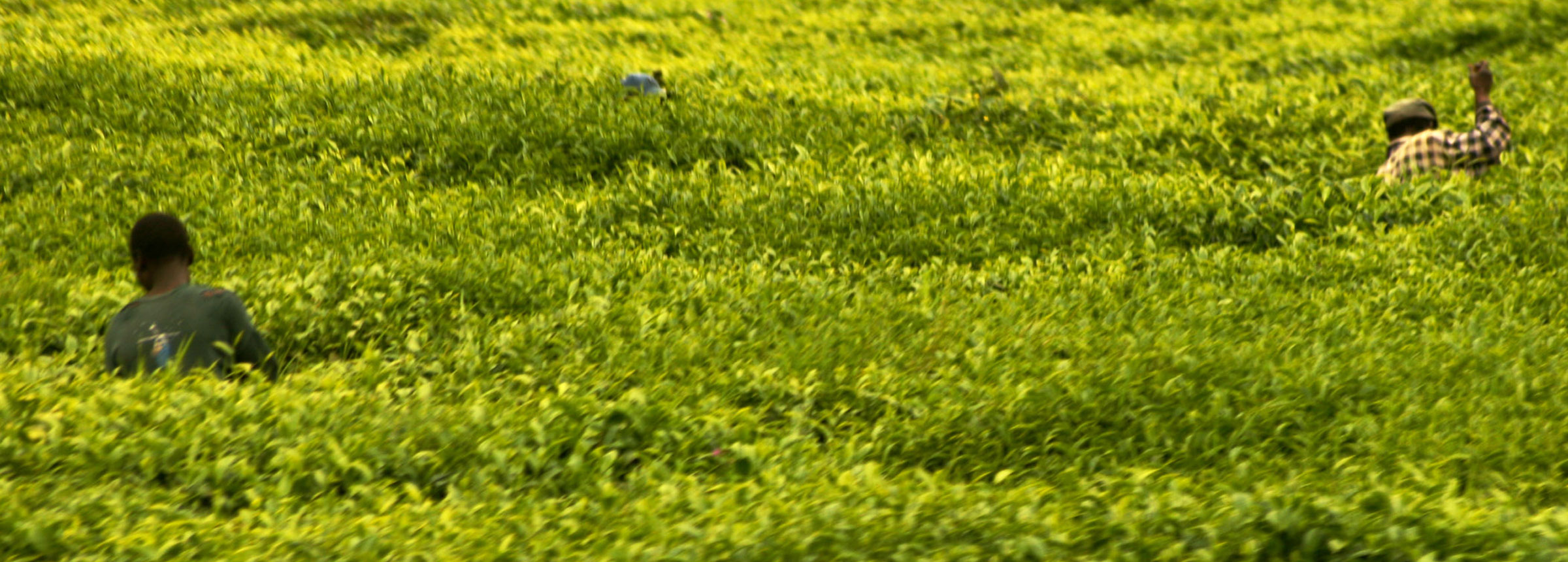
REACH-T
This project takes a comprehensive approach to help the government of Rwanda and its tea producers eliminate child labor in this key sector of the country’s economy. Besides improving access to formal and vocational education and strengthening the enforcement of existing labor laws, REACH-T raises awareness of child labor’s long-term effects. Building on Rwanda’s policy…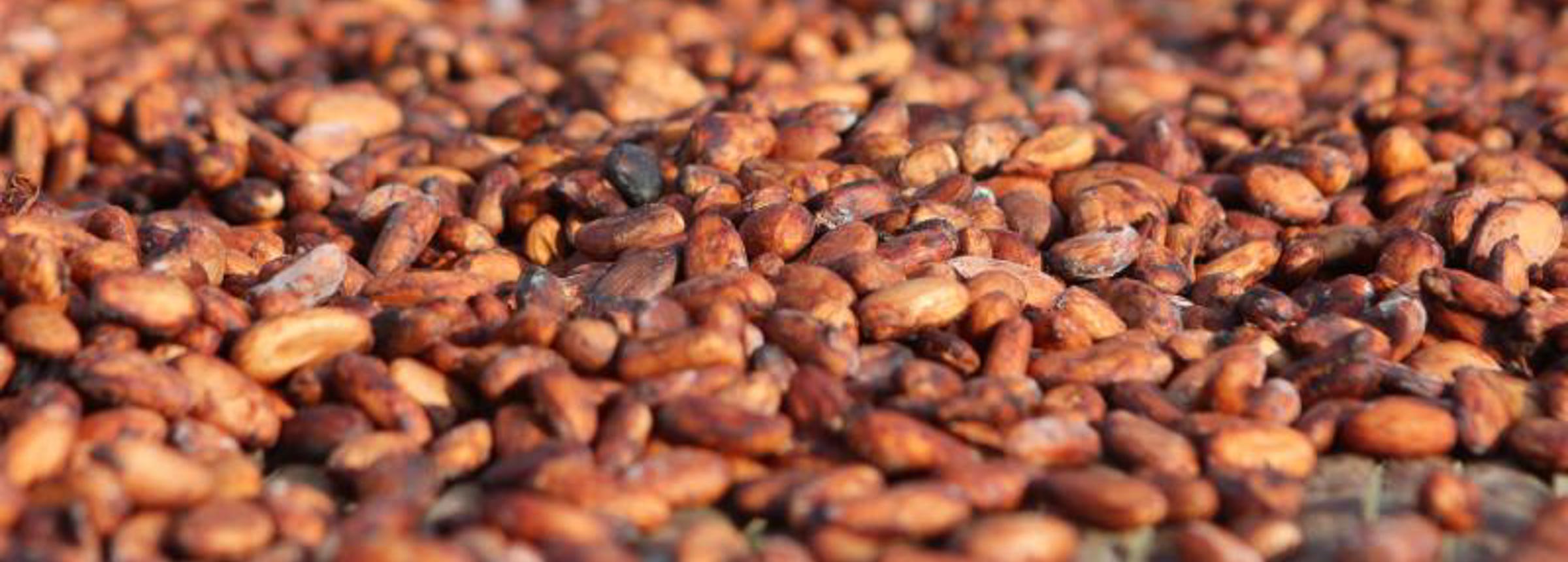
Ghana MOCA-Youth Project
Pressured by global demand for cocoa and by persistent poverty, many cocoa farmers and households in Ghana rely on child labor. With limited opportunities for education and few choices of livelihood in rural cocoa communities, youth 15 to 17 years of age are particularly at risk of engaging in hazardous child labor. Working in the…